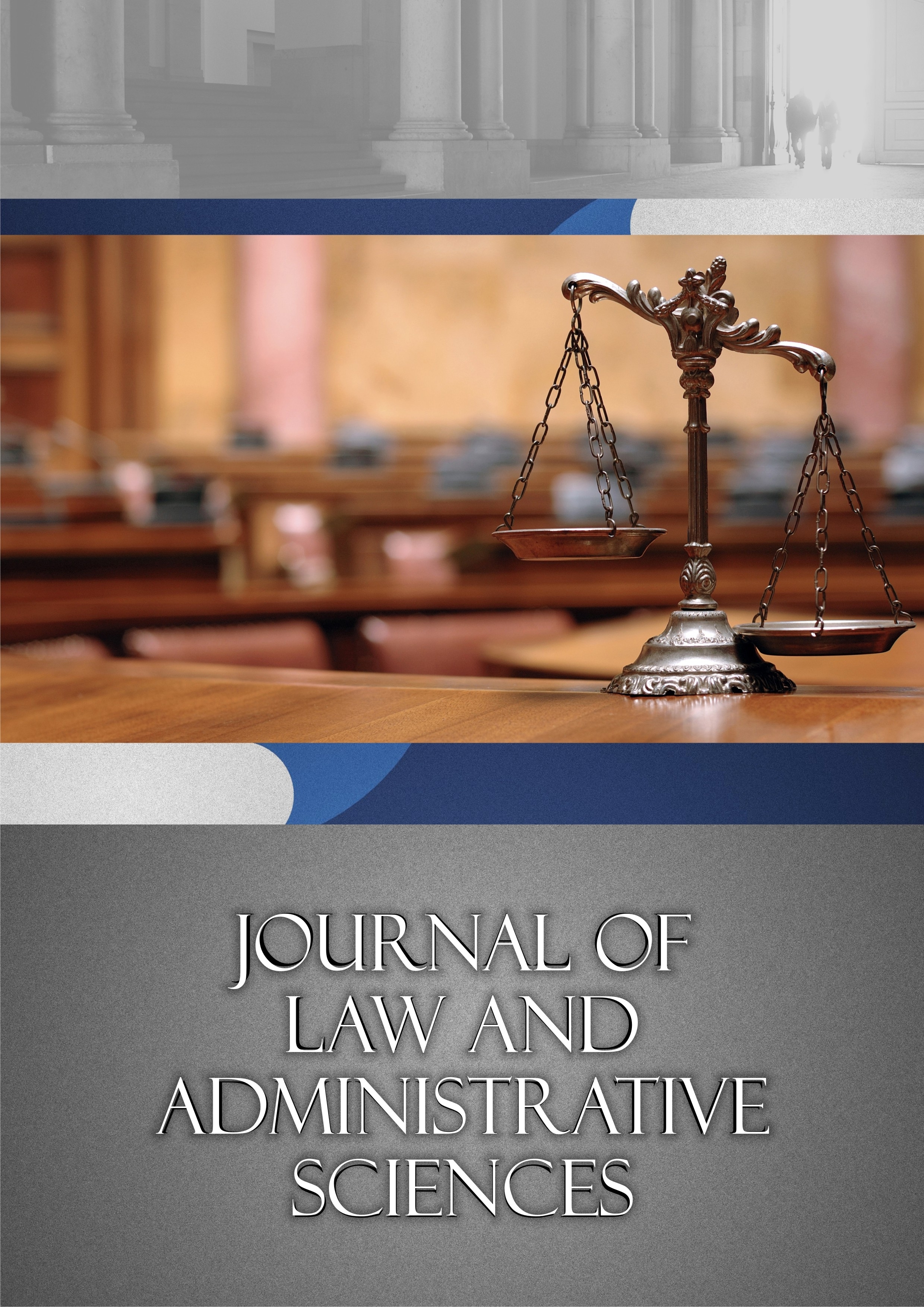Elements of continuity and discontinuity in the evolution of European Union law
Elements of continuity and discontinuity in the evolution of European Union law
Author(s): Ciongaru EmilianSubject(s): Politics / Political Sciences, History, Philosophy, Social Sciences, Law, Constitution, Jurisprudence
Published by: Editura Universitatii Petrol-Gaze din Ploiesti
Keywords: continuity; discontinuity; European Union law; Roman law; the legal system
Summary/Abstract: The phenomena of continuity and discontinuity have a great importance for any science and by default to the science of law in the sense that a legal system is proving effective or ineffective depending on how it handles issues of continuity and discontinuity at the level of legislation. Regarding continuity in matters of law, the Romans knew very well to create a very efficient legal system, on which a large part of modern law relies. A series of important legal institutions of today have their origins in the Roman law, jurists establishing ever since some rules which have acquired undeniable continuity even to the present. A thorough study of continuity-discontinuity relationship as a general rule for the evolution of law is justified by the actuality of the topic, both from the point of view of post-totalitarian evolution of the Central and Eastern European countries as well as from the perspective of their European integration. As for the second aspect, we should start from the premise that the European Union once extended does not cope for the first time with the difficulties of continuity - discontinuity alternation because of this expansion. Throughout history, Europe was confronted with such alternation in legal terms as well and the experience that it has acquired can be used in the continuous process of European Union’s expansion.
Journal: Jurnalul de Drept si Stiinte Administrative
- Issue Year: 1/2015
- Issue No: 3
- Page Range: 5-13
- Page Count: 9
- Language: English

